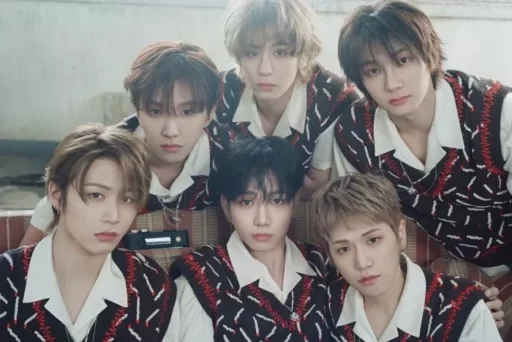Revolutionary Changes in Soccer Rules Announced, Pushing for Expanded VAR Authority and Ban on Penalty Kick Rebounds
Ahead of the 2026 FIFA North American World Cup, revolutionary rule changes are being proposed within the soccer community. These changes have sparked intense debates among soccer fans worldwide.
On the 16th (Korean time), the UK's prominent media outlet 'The Times' reported that the International Football Association Board (IFAB) is seriously considering unprecedented new rules that would dramatically expand the authority of Video Assistant Referees (VAR) and prohibit rebound goals from penalty kicks.
Unprecedented New Rules
If this plan is implemented, it is expected to be the most radical overhaul of soccer rules since the introduction of VAR in 2017.
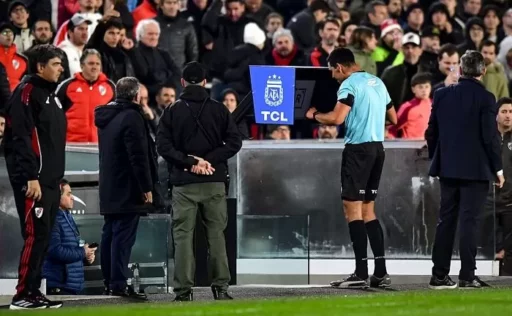
VAR was originally introduced to reduce clear errors during matches and enhance fairness. While it has had positive effects, controversies surrounding the scope and limitations of VAR's intervention have persisted. Currently, VAR can only intervene in limited situations such as scoring events, penalty kicks, red cards, and identity mistakes.
Innovative Rule Changes That Transform the Essence of Soccer
Through this amendment, IFAB is considering significantly expanding the scope of 'fact-based' decisions. This includes blatantly incorrect corner kick decisions and situations related to a second yellow card that VAR currently cannot intervene in.
However, IFAB is cautious about expanding VAR's intervention scope due to concerns about match delays. According to 'The Times', even if VAR intervenes in these situations, it is considering allowing intervention only for clear errors that can be judged within a few seconds.
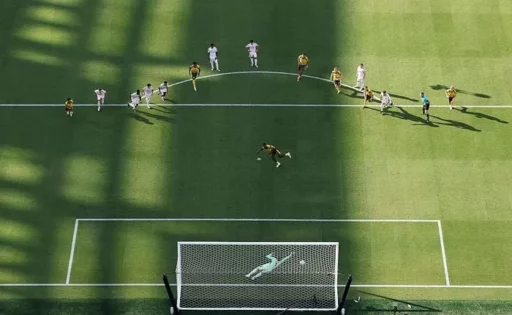
The change expected to have the most significant impact is the ban on penalty kick rebounds. IFAB is currently discussing a proposal that, if a penalty kick is saved by the goalkeeper, the ball will be declared 'dead' and the attacking team's additional scoring opportunity will be completely blocked.
If this proposal is implemented, a failed penalty kick will immediately turn into a goal kick, and rebound goals for the attacking team will not be allowed.
The UK 'Telegraph' reports that the attacking team is already granted a clear scoring opportunity when awarded a penalty kick, and allowing rebounds after it has been blocked is considered excessive advantage.
If this rule passes, penalty kicks will be limited to a single opportunity, effectively converting penalty kicks in regular time into a shootout format.
Fans' Strong Resistance and Debate Over Protecting Soccer Tradition
IFAB is scheduled to discuss this agenda in detail at its regular meeting in March 2026, and if approved during this meeting, it is highly likely to take effect starting from the North American World Cup in June 2026.
Following this news, there has been a strong backlash from soccer fans.
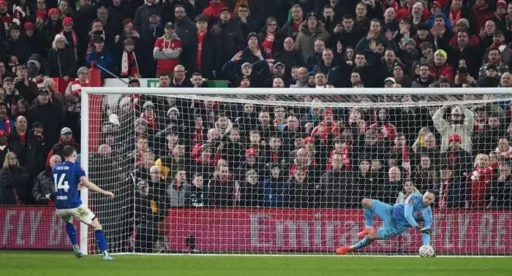
According to the UK 'Mirror', one soccer fan pointed out a double standard, saying, "Is VAR only going to review the second yellow card? Shouldn't the first yellow card be reviewed as well?"
Another fan strongly protested, stating, "Ban on penalty kick rebounds? Are they trying to eliminate soccer altogether?" Mocking reactions continued on social media, with comments like, "Why do they keep changing the essence of soccer? Next, will they propose to eliminate throw-ins?"
In recent years, IFAB has actively attempted several regulatory changes. In 2023, it provided clear judgment criteria for the 'penalty kick two-touch rule,' and in 2024, it will introduce a new rule awarding a corner kick if a goalkeeper holds the ball for more than 8 seconds.
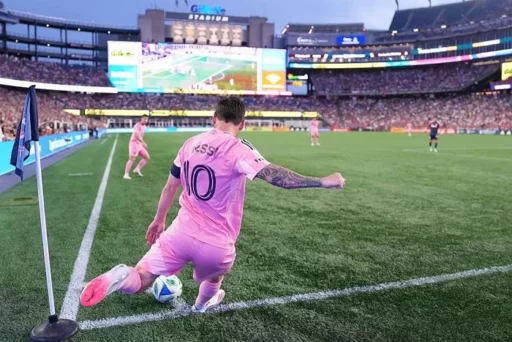
Additionally, it is reported that the 'upper body offside rule,' proposed by Arsène Wenger, is being experimented with.
The current discussions regarding the expansion of VAR and the ban on penalty kick rebounds are being assessed as significant changes that go beyond mere technical assistance, fundamentally reconstructing the flow of soccer matches.
As arguments for the need for soccer to evolve with the times clash with fans' demands to protect long-standing traditions and poignant moments, IFAB's final decision is expected to cause major ripples throughout the soccer community.
Image source: gettyimageskorea


